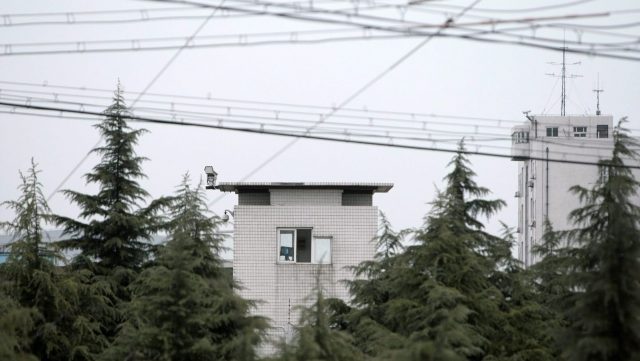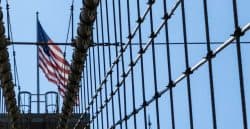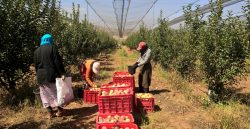Peter Humphrey, a British private investigator who was arrested and put in jail for two years by Chinese authorities after looking into allegations of bribery, has written an account of his time in prison. In it, he claims that the goods of three major companies — 3M, H&M, and C&A — were being produced by Chinese inmates in Qingpu Prison on the outskirts of Shanghai.
Humphrey believes the prison functioned like a business, doing manufacturing jobs for these companies.
Quartz reports:
“Mornings, afternoons and often during the after-lunch nap, prisoners “laboured” in the common room. Our men made packaging parts. I recognised well-known brands — 3M, C&A, H&M. So much for corporate social responsibility, though the companies may well have been unaware that prison labour was part of their supply chain.
Prisoners from Chinese cell blocks worked in our factory making textiles and components. They marched there like soldiers before our breakfast and returned late in the evening.
The foreigners who laboured in my cell block were Africans and Asians with no money from family, and no other way to buy toiletries and snacks. It was piece work; a hundred of this, a thousand of that. Full-time, they earned about Yn120 (£13.50) a month.”
Prison labor doesn’t technically violate International Labour Organization conventions, though it “can veer dangerously close to forced labor.” Humphrey and the other foreign prisoners were not subjected to forced labor and were paid — albeit meagrely. Still, it is unclear if the Chinese prisoners who were making the goods for 3M, H&M, and C&A were paid.
Nonetheless, many companies do not permit prison labor in their supply chains. H&M requires all of its suppliers to sign a commitment that says “forced labour, bonded, prison or illegal labour is not accepted.” In repsonse to Humphrey’s claims, an H&M spokesman said “To our knowledge, there have been no violations. But needless to say, we take the information published by the Financial Times very seriously.”
C&A’s supplier code of conduct also prohibits prison and forced labor. The company said “We audit all 273 of our suppliers’ factories in China on at least annually basis, and have not observed or been made aware of the use of prison labor in our Chinese supply chain.”
Ultimately, many of these brands may not have been aware this was happening because subcontracting is so common among factories and suppliers. A factory may have subcontracted the prison in this case as a source of cheap labor.







Freedom United is interested in hearing from our community and welcomes relevant, informed comments, advice, and insights that advance the conversation around our campaigns and advocacy. We value inclusivity and respect within our community. To be approved, your comments should be civil.